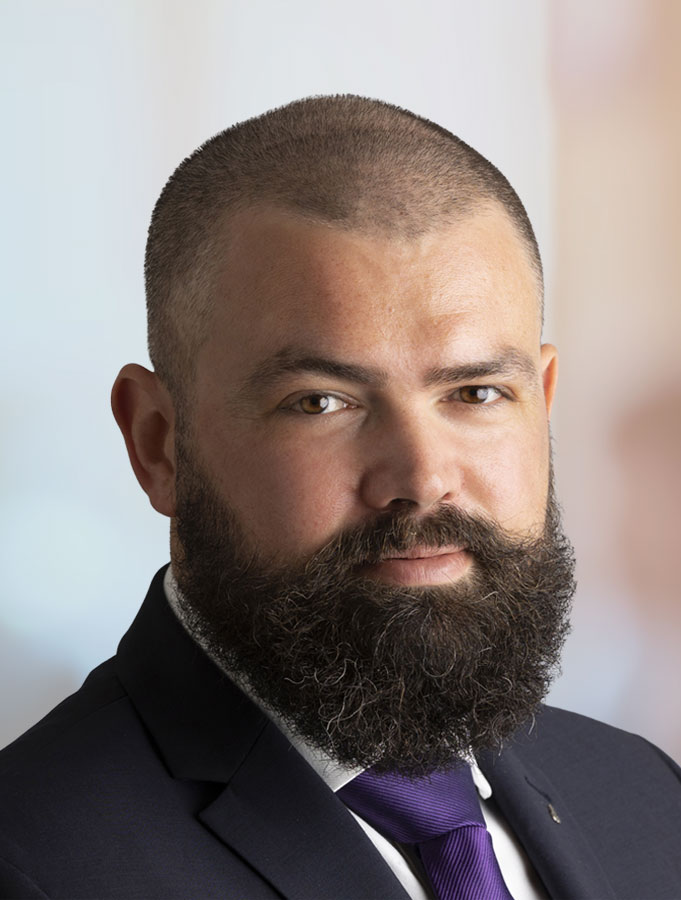
Max Konarek, assisted by Alison Barar, instructed Laura Briggs KC and Olivia Magennis of 1GC. The legal team represented our client, an Intervener in Care Proceedings where very serious historic sexual and physical abuse allegations had been made. The allegations were so unexpected, and had significant implications upon our client’s personal life. Our client always vehemently denied any wrong doing and cooperated fully with all professionals, the family court and police.
Having heard extensive evidence in an 18 day fact finding hearing, the court was satisfied that not only could it NOT make findings against our client, but it took the rare step to consider that the evidential burden was justified in finding full exoneration; the court making a specific finding that our client did not sexually abuse the subject child or abuse them in any other way.
This outcome highlights a critical but often overlooked aspect of family law: the psychological importance of exoneration in cases of abuse allegations. For individuals falsely accused, exoneration is not only a legal necessity but also a vital element in restoring their mental well-being, self-worth, and reputation.
Importantly it was identified early on by Max Konarek that that our client required the assistance of an intermediary. The needs of our client were not immediately obvious and were nuanced; it was only after a number of appointments did it become apparent an application for an intermediary assessment should be made. The assessment took place confirming very clearly that our client required additional assistance resulting in our client being provided invaluable assistance by a Communicourt intermediary throughout the court process.
In this particular case the intermediary played a vital role in assisting our client during the court proceedings and this help cannot be understated. It ensured our client fully understood the case advanced against them, ensuring that they were in turn able to provide clear and concise instructions, preventing misunderstandings that might otherwise compromise our client’s ability to present their case effectively .
The complexity of legal proceedings can further exacerbate the psychological burden on the accused. This is where the role of intermediaries becomes essential. An intermediary serves as a bridge between the accused and the court, ensuring that those who may struggle with communication or understanding the legal process can fully participate. For individuals with cognitive or emotional impairments and/or a neurodivergence, the use of intermediaries can make the difference between justice being served or not. Without this support, the court risks making decisions based on incomplete or misunderstood evidence, which can have dire consequences for both the accused and the children involved in the proceedings.
Max Konarek
Partner and Joint Head of the Family & Childcare Department
GT Stewart Solicitors
Max is a specialist Child Protection Solicitor and is accredited on the Law Society’s Children Panel. He represents clients based in the UK and Worldwide.
His experience extends to cases that include the death of a child, shaken baby allegations, non-accidental injuries, sexual abuse, Fabricated or Induced Illness (FII) in all levels of Court from the County Court to the High Court, Court of Appeal and Supreme Court.
Max has a particular interest in representing clients that are neurodiverse, vulnerable adults with learning difficulties or disabilities (including those where the Official Solicitor has become involved), foreign nationals, clients from the Romany Gypsy and Travelling communities.
View Max’s full profile here
Max can be contacted – m.konarek@gtstewart.co.uk